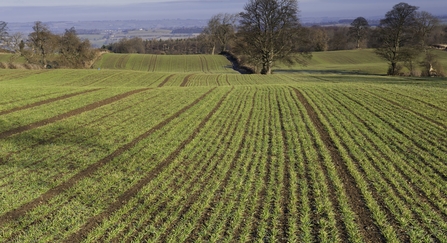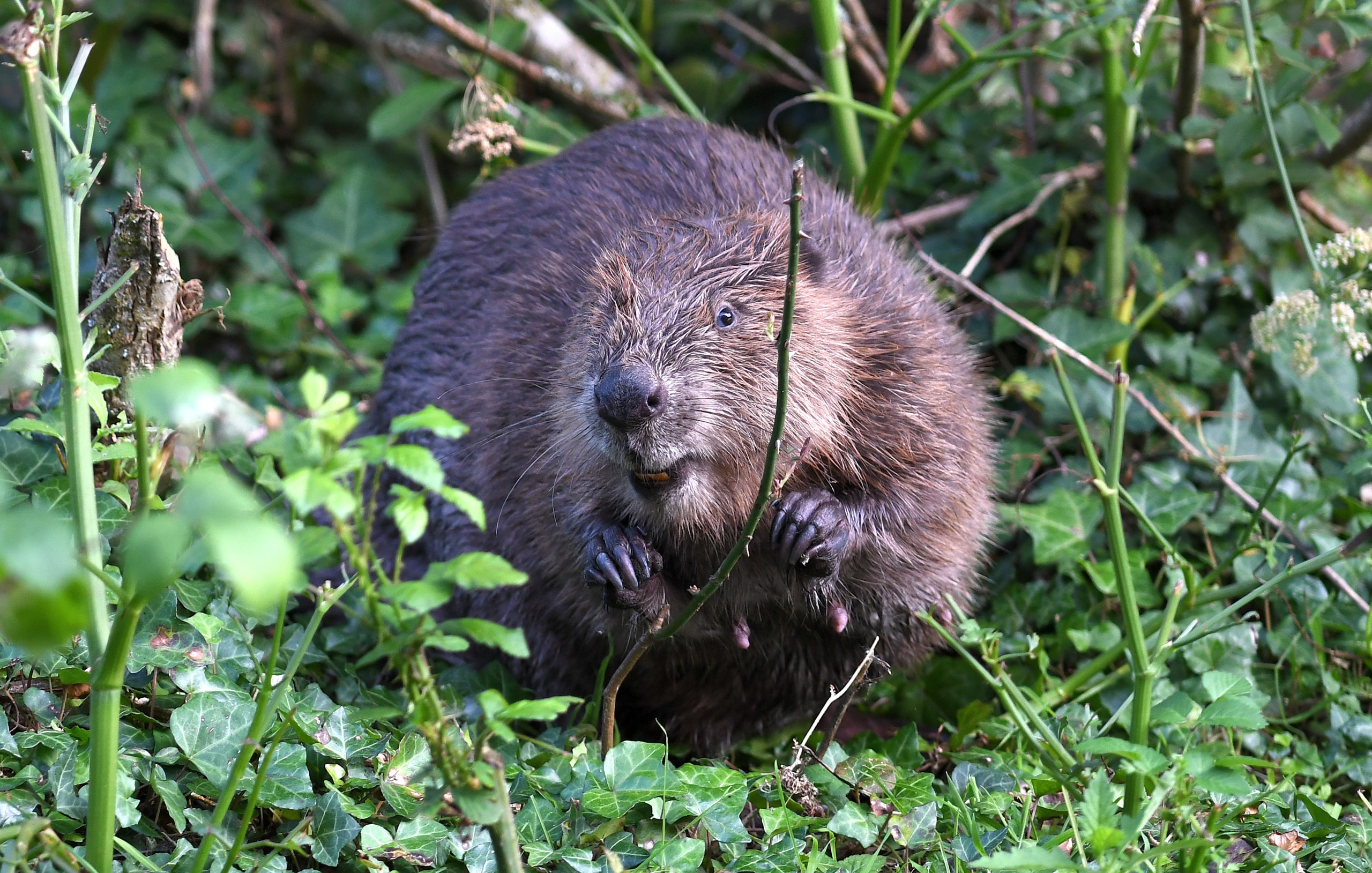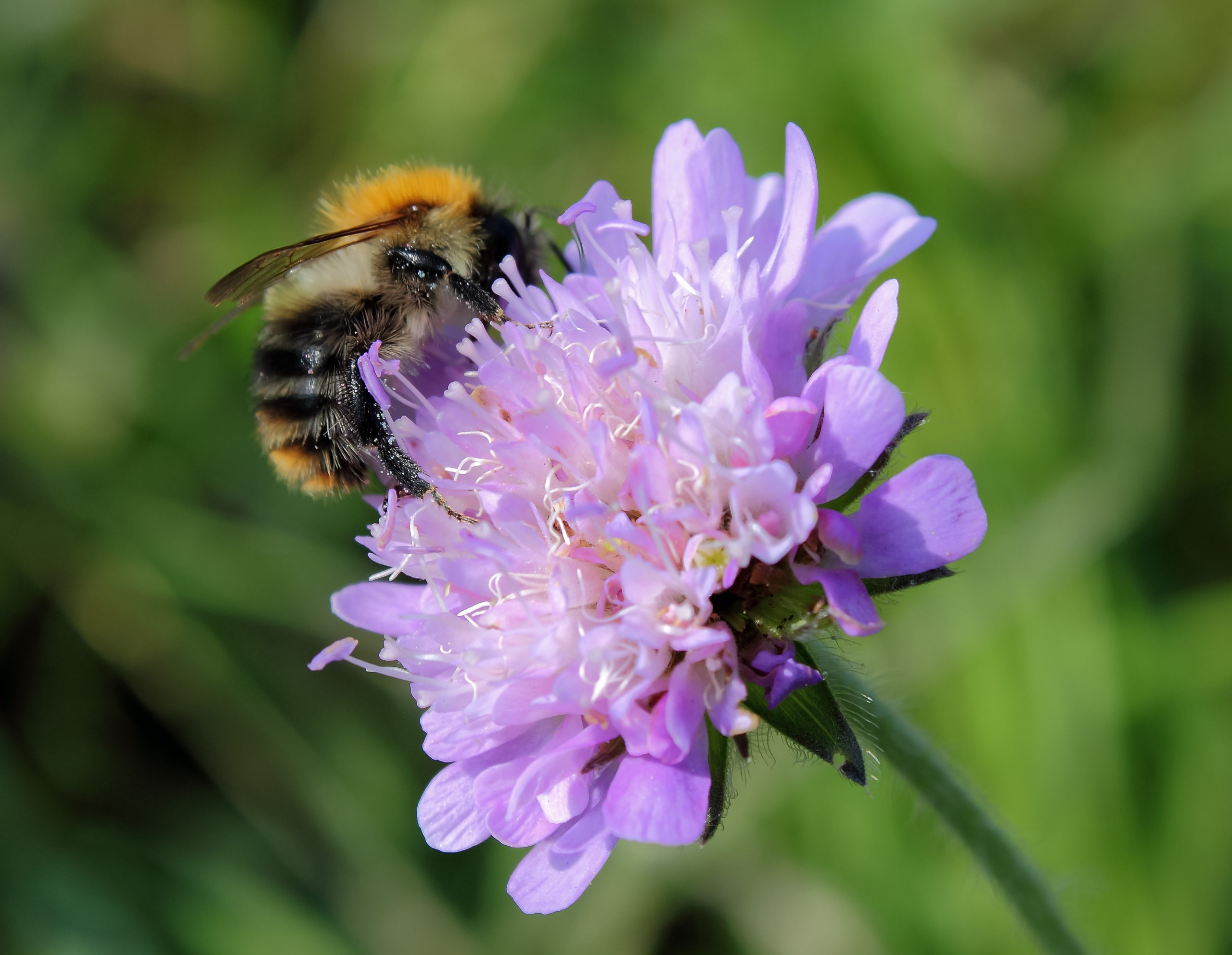Farming policy needs a stronger vision and increased funds to deliver for farmers, food security and nature, say The Wildlife Trusts
Today, The Wildlife Trusts publish a briefing – Environmental Land Management schemes & Food Security – the case for increased investment in nature for UK Food Security – ahead of the Oxford Farming Conferences this week. The Wildlife Trusts are calling for:
• A plan to deliver at least 3,000 Countryside Stewardship Agreements per year by 2028, supported by increased resourcing for Natural England to process and offer agreements and a ring-fenced budget.
• An increase to the annual farming budget to £3.1 billion/year in England to support nature-friendly farming, safeguard livelihoods, improve animal welfare and meet critical climate, nature and water targets.
• A focus on ensuring that Landscape Recovery projects get “off the shelf” and enter the implementation phase, delivering real outcomes on the ground.
• Publication of an outcomes-focused Land Use Framework which sets out an overarching framework that guides prioritisation for land use change, and a national spatial plan that broadly identifies constraints and opportunities for land use.
The Wildlife Trusts will be involved in several events during the Oxford Farming Conferences highlighting the importance of nature’s recovery to farm businesses, food security and climate adaptation. See list of events further below.
Last month, the newly published UK Food Security Report was clear that the restoration of nature is critical to feed ourselves in the future. Yet last winter, 2023/4, the number of flood warnings on England’s best farmland hit a record high of over 1,000, and 2024 was the second worst harvest on record for England. Analysis by the Energy & Climate intelligence Unit estimates that this equates to a £600m reduction in revenue for farmers in comparison to 2023.
Climate change impacts are starting to bite at a time when the farming sector faces significant concerns around the future of farming policy. The budget announcement in October meant uncertainty for family farms following changes to Agricultural Property Relief, the accelerated withdrawal of EU-era payments, and on whether new schemes will be online in time to help farmers most at risk.
The Environment Secretary, Steve Reed, is expected to make a speech at the Oxford Farming Conference. The Wildlife Trusts are calling on Government to show urgent leadership in setting a course for the future of farming in England, which supports farmers whilst also achieving the outcomes for nature and climate that are essential to secure a prosperous future for all of us.
The Wildlife Trusts’ senior land use policy manager, Barnaby Coupe, says:
“The Government needs to outline a clear future for nature-friendly farm schemes as a matter of extreme urgency. The ambitions of too many farmers are being stifled by a lack of certainty about what actions will be available to them, and when they will be able to access payments.
“Hundreds of farmers who were early adopters of nature-friendly farming practices are locked into lower-paying EU-era legacy schemes while they wait for Government to open access to new schemes. Access to this funding is vital to ensure these businesses continue to create fantastic outcomes for nature and climate.
“The Government is expected to publish a Farming Roadmap early in 2025, and it is imperative that this comprises a predictable, long-term and sustainable plan to support farmers along the transition to nature-friendly and climate adapted farming.”




